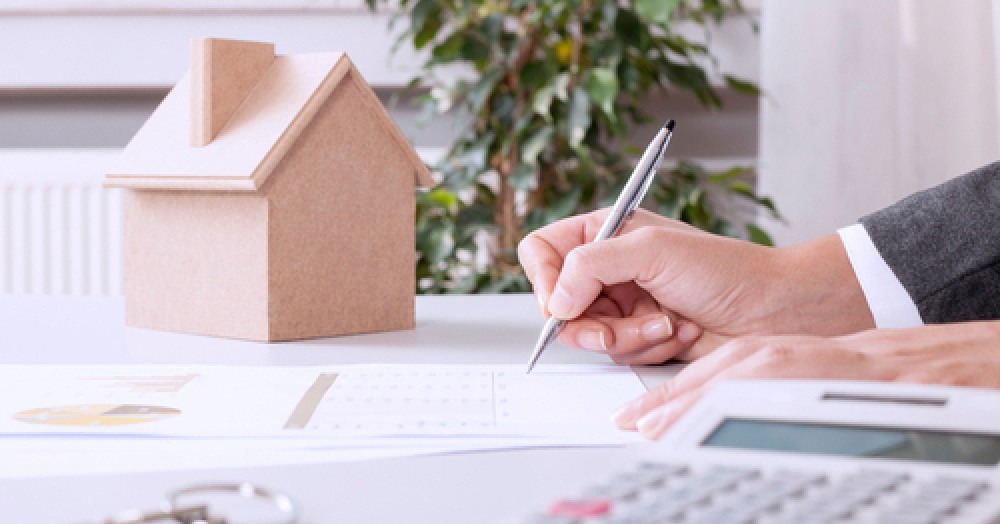If you’re self-employed, you will probably have heard about how complex the process of applying for a mortgage can be.
It’s no secret that banks and building societies prefer to offer mortgages to those that work for employers and have an added degree of job security, than to those working for themselves. However, it is possible to still get a mortgage and these tips will point you in the right direction.
Specialists
One of the most common mistakes self-employed people make is that they tend to go straight to a bank when looking for a mortgage. However, mortgage specialists can be a far better option and offer you more impartial advice on the best ways to get started. Working with a broker means you’re more likely to get a better deal and find a lender to fit with your circumstances.
Deposit
Building up a deposit can greatly help your circumstances. If you have a large percentage of the price of the property, then you will find that you can get a far better deal on a mortgage than if you only have a minimal amount. Larger deposits make for a lower loan to valuation requirement and this means that you get a far better interest rate and are in a better position when it comes to looking for a mortgage.
Credit Checks
The credit rating is so important when it comes to getting a mortgage, as it shows that you are able to focus on repayments of the loan at all times. If your credit rating is poor, then you’re going to end up making things a lot harder for yourself. So, keep up with your repayments, register on the electoral roll and make sure all your records are up to date.
Accurate In-Date Contracts
By keeping your contracts accurate and in-date, you greatly improve the chance of securing a mortgage as you show the lender your earning potential for the future. By keeping these records up to date and signed you’re supporting your application and ability to repay the mortgage.
Limits
Often people are offered mortgages that they’re not able to afford and such circumstances can cause all sorts of problems. It’s important that you’re realistic about your aims and that you can afford the mortgage. Work out your incomings and outgoings and understand how much you can easily put into a mortgage each month – this is important.
In addition, calculate this based on the potential interest rate changes and any other differences that could impact on that amount. Knowing this can greatly improve not just your chances of getting a loan for a home, but also reduce the chance of you falling foul of the system should there be an issue.
Following these tips will greatly enhance your chance of getting a mortgage and ensure that you have no issues in the short or the long term and can enjoy your brand new home.

